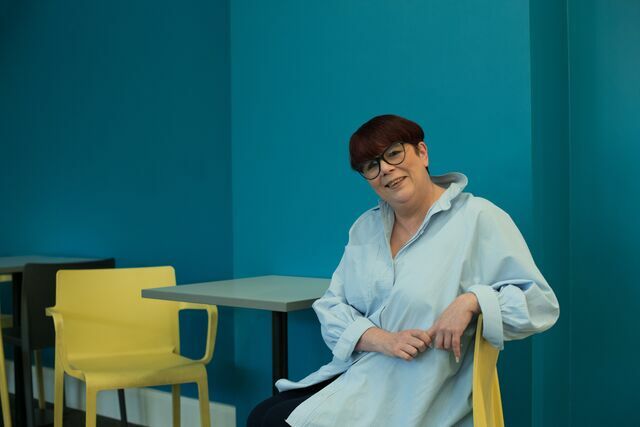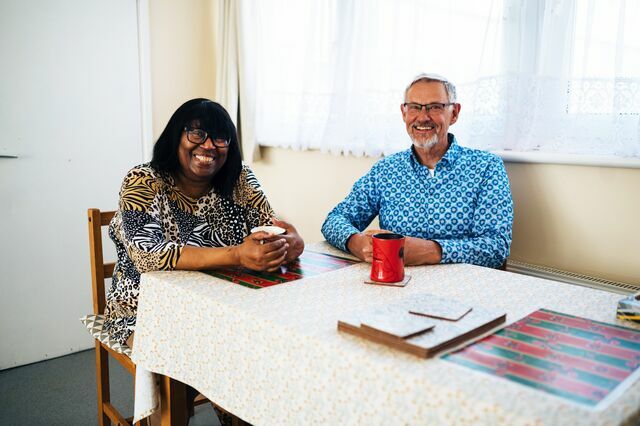James, who features in the new report from CAP exploring the impact of deficit budgets, shares how he ended up in an impossible situation:
‘Around 2011, I was working as a plasterer,’ James recalls. ‘The problem was that the work was drying up. I remember driving to work one day and seeing an advert on the side of a bus that said “Earn £500 a week as a bus driver”. I thought I’d give it a go and signed up, but it turned out there was small print – I’d only earn £500 a week after several years of training and doing a heap of overtime. So while I was training, I got about £800 a month and my rent at the time was £850. On top of that, there was Council Tax and utility bills to pay. I wasn’t earning enough to pay the rent, never mind anything else.
‘In the end, I had to pay the bills so I took out payday loans. With no money to pay them back, and interest being added on at an extortionate rate, my financial situation spiralled. I couldn’t keep up with it. If I didn’t make a payment at the end of the first month, that’s when the interest kicked in, and then that was it, I was done. I was robbing Peter to pay Paul just to make it through.’









